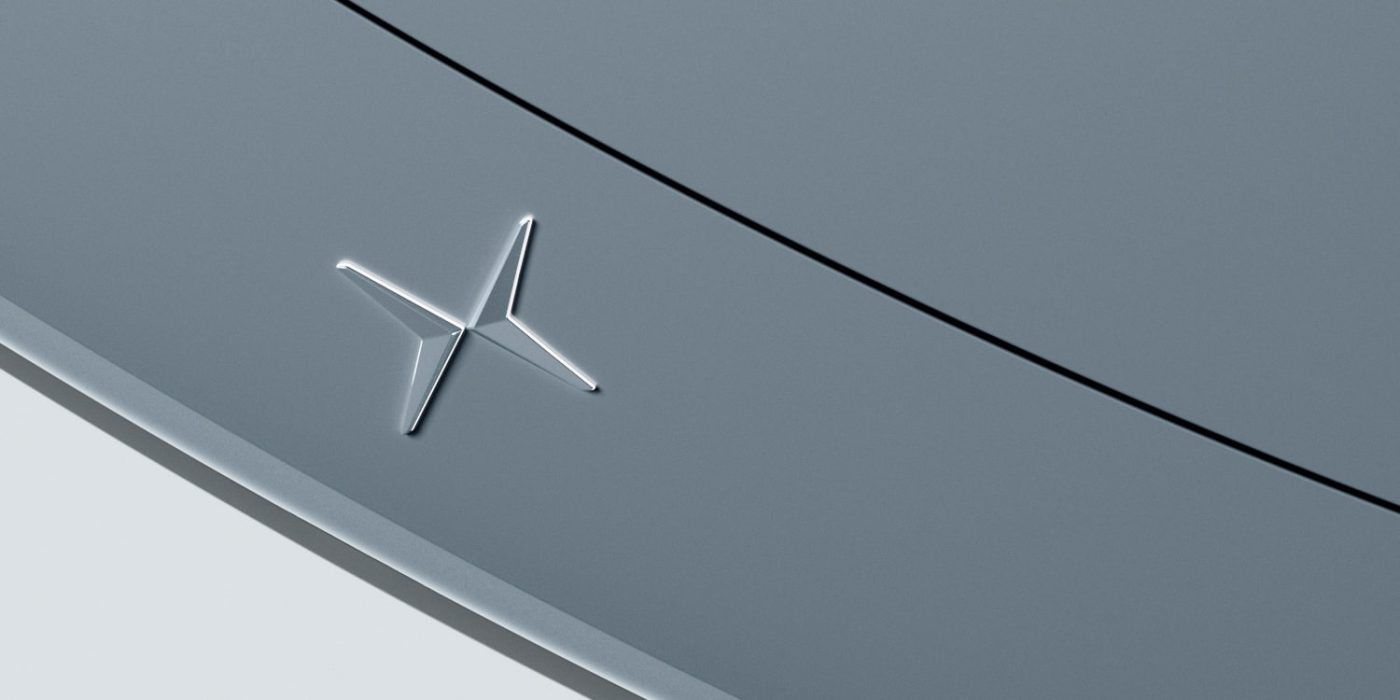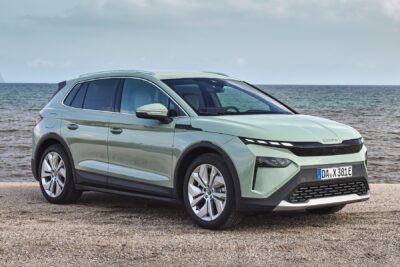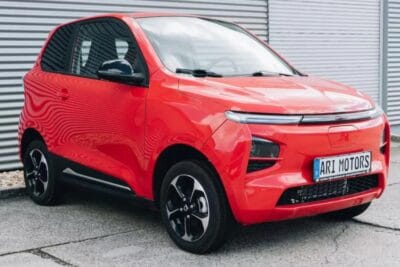Volvo reconsiders its stake in Polestar
As Volvo Cars revealed as part of its financial figure announcement for 2023, it will no longer provide fresh capital for Polestar and is examining “an adjustment of its stake” in the electric car manufacturer. This includes the possibility of selling shares to Volvo Cars shareholders. Volvo Cars’ focus is “on developing and concentrating its resources on its own ambitious journey”.
The Chinese parent company Geely is to significantly expand its influence on Polestar via its Swedish subsidiary. Although Volvo Cars no longer intends to inject fresh capital into Polestar, it will extend the repayment period for an existing loan by 18 months until the end of 2028.
Officially, the announcement from the Swedish company states that Polestar is “entering an exciting phase with a strengthened business plan” and is equipped for future growth. In fact, Polestar missed its targets for 2023 and has subsequently restructured its management team and laid off 15 per cent of its workforce.
For a long time, Polestar was a private company that specialised in tuning Volvo models. The manufacturer later took over the brand and used Polestar as a label for its sportiest vehicles. With the switch to a strategy focussing on sustainability, Polestar was scrapped as a performance label and relaunched as a joint venture with its own parent company Geely – as an electric car brand. Subsequently, Volvo Cars also participated in further financing rounds of Polestar with millions of euros.
The financial ties are now to be resolved with the decision at Volvo’s Gothenburg headquarters, so there will be no further investments. However, the operational cooperation between Volvo Cars and Polestar in the areas of research and development, production and sales is to be continued – as this will “continue to benefit both companies”.
By focussing on its own development, Volvo is also referring to comprehensive investments up to 2025, “laying the technical foundation for future success”. This will include an “advanced production facility”, but also areas such as electrification, software, core computing architectures, advanced connectivity, data collection and analysis, mega-casting, a next-generation electric motor and advanced battery technology. “This will mean a temporary increase in investment levels, but these strategically important investments will lead to significant cost savings in Volvo Cars’ next generation of fully electric cars. They lay the foundation for further profitable growth and higher EV margins,” the press release states.
However, the gap between the margins of combustion engines and electric cars is not only to be reduced with the upcoming models, but already with the current ones. “The EX30 is set to deliver gross margins of 15-20 per cent and takes the company closer to that goal. Volvo Cars also expects the upcoming EX90 and EM90 to contribute to closing the gap between EV and ICE margins,” the Swedish company wrote. In 2024, the focus will be on the production ramp-up of the EX30 and the start of production of the EX90 in the first half of the year.
In 2023, Volvo sold 113,419 electric cars, an increase of 70 per cent compared to 2022 and accounting for 16 per cent of its total global sales volume. Across all drive types, there were 708,716 new Volvos, which is a record for the company. Turnover rose by 21 per cent to 399.3 billion Swedish kronor (35.3 billion euros), while operating profit (excluding joint ventures and associates) increased by 43 per cent to 25.6 billion kronor, equivalent to 2.26 billion euros.





0 Comments